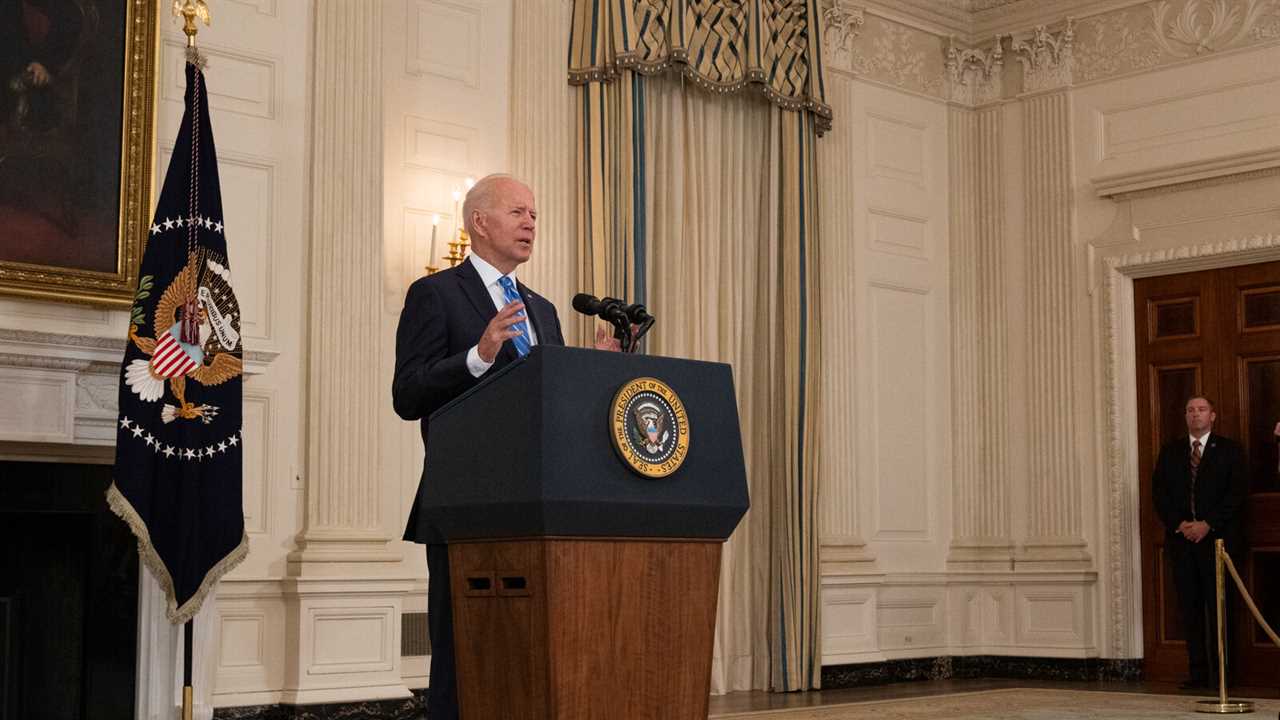
The 2020 Democratic presidential primary was often described as a contest over whether the country needed a return to normalcy or sweeping change.
Joe Biden may have found a way to split the difference.
Democrats have proposed or enacted trillions of dollars in federal spending, usually under the seemingly nonideological auspices of coronavirus relief and infrastructure.
That tack has provided Mr. Biden a way to enact an ambitious policy agenda without sparking the kind of ideologically divisive fight that has derailed the first term of so many recent presidents. If the polls are any indication, he may be pulling it off: Around 60 percent of voters appear to approve of Mr. Biden’s big spending initiatives.
It is far too soon to say whether Mr. Biden will avoid the fate of Presidents Bill Clinton, Barack Obama and Donald J. Trump, who all lost at least 41 seats in the House of Representatives in their first midterm. But by carving a middle path between legislative gridlock and a bold initiative to achieve a transformative partisan goal like a health care overhaul, Mr. Biden is so far avoiding one of the most obvious pitfalls of modern presidential politics.
Washington is Washington, of course, and partisan politics reigns. Congressional Republicans have mostly opposed Mr. Biden’s initiatives. But so far, his opponents haven’t mounted an intense campaign to demonize him, his agenda or his presidency.
Instead, Republicans have entertained bipartisan infrastructure negotiations, while conservative media has focused on the culture wars. At times, the all-but-manufactured controversies over “critical race theory” and the removal of some Dr. Seuss books from publication have received more attention than trillions of dollars in new spending.
The most recent polls suggest that Mr. Biden’s big spending plans are all fairly popular. A CBS/YouGov poll this weekend found that 59 percent of adults approved of Mr. Biden’s infrastructure plan. Around 60 percent of voters — including a quarter or more of self-identified Republicans — approved of his multitrillion-dollar spending on infrastructure and health in June polls by Morning Consult and Monmouth University.
Did you miss our previous article...
https://trendinginthenews.com/usa-politics/gop-blocks-infrastructure-debate-in-senate-raising-doubts-about-a-deal






